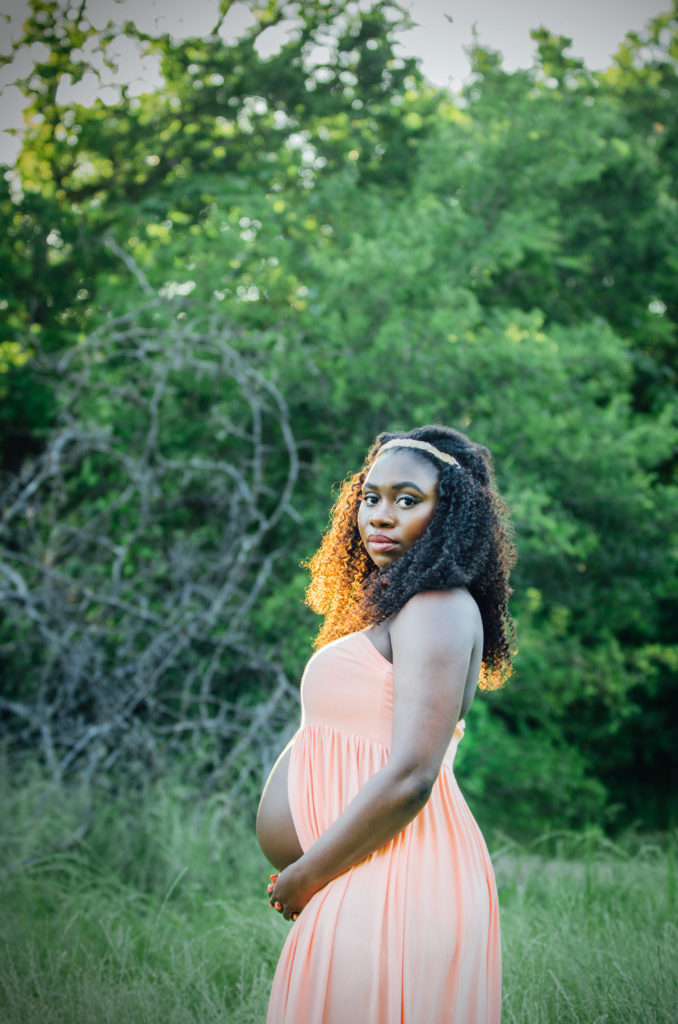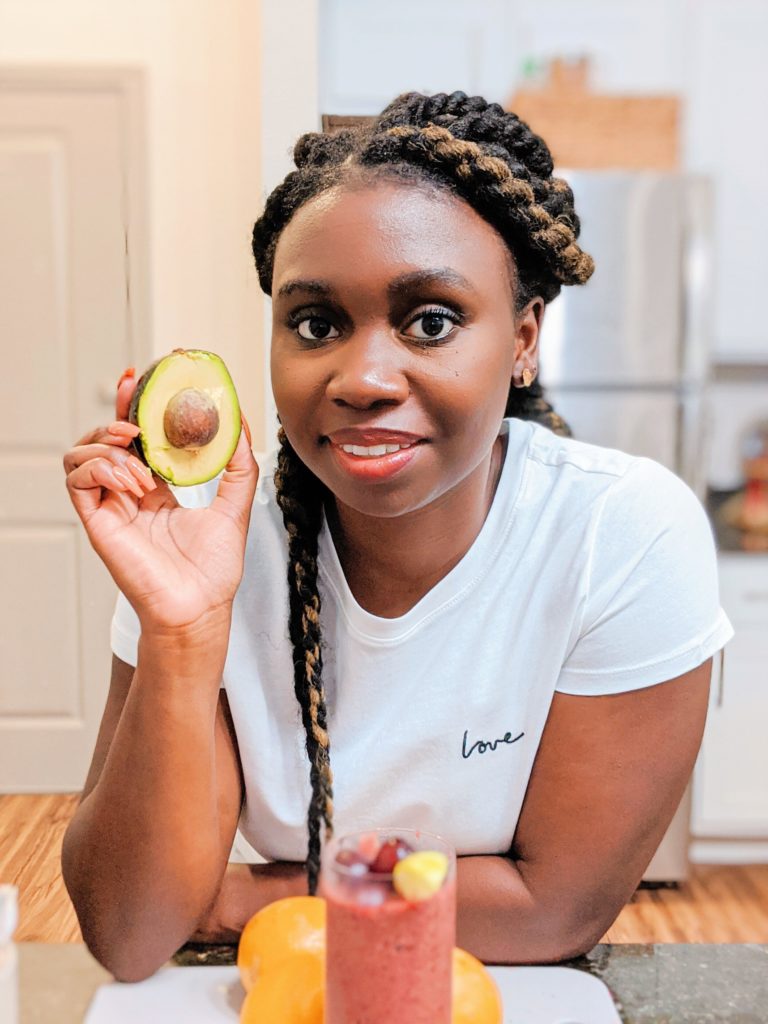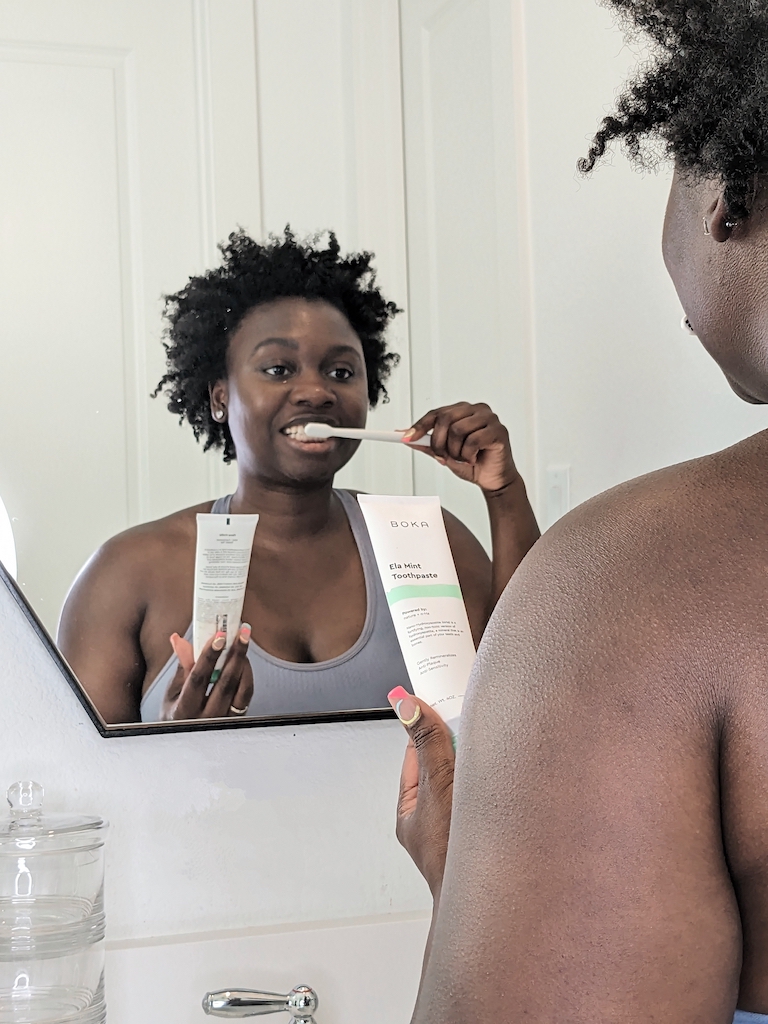Can You Get Pregnant with Uterine Fibroids?
Can you get pregnant with uterine fibroids? In my experience, the answer is yes. While it may not be ideal, it is certainly possible to get pregnant and carry a baby to term with fibroids.
Your next question is probably, “Can you get pregnant with large fibroids?” And my answer to that would still be yes. I was able to have a full-term pregnancy with a 10 to 11-cm size fibroid, as well as many small ones.
Imagine this: I had grapefruit as well as several grape-sized and even mandarin-sized masses in and around my uterus. For even more context, one doctor told me that your uterus is supposed to be close in size to a lemon. I somehow was able to conceive and have a healthy baby boy, even with these large uterine fibroids.
Having said that, there are a few things you need to know if you’re planning to get pregnant or are already pregnant with fibroids. Keep in mind that this information is mostly based on my experience, and this post is by no means medical advice. Always consult with a medical professional. My experience is merely here to provide context.
When I found out I was pregnant, I didn’t even know that I had fibroids. I didn’t even really know what a fibroid was or the risk involved. So hopefully this post helps to prepare you for the best outcome possible.
Potential Risks During Pregnancy
Fibroids are very common and affect up to 80% of women in their childbearing years. So, there’s a good chance that many women have fibroids during pregnancy and don’t even realize it.
However, research suggests that between 10 to 30% of women will have some complications. Women with smaller fibroids are much less likely to experience any issues. But women with larger fibroids (think over 5 cm) are more at risk. The list of possible complications for fibroids during pregnancy includes:
- Pain that may trigger preterm labor. Women with larger fibroids are more likely to experience pain, especially as the baby grows. Keep in mind that this is not always the case. I never experienced any pain.
- Placental abruption. This may occur if the placenta is unable to properly attach to the uterine wall because it may be blocked by a fibroid.
- Breech position. If the uterine is misshaped, the baby may have a tough time aligning for vaginal delivery.
- Increased risk of Cesarean delivery. It’s estimated that women with fibroids are six times more likely to need a C-section. In my case, I did undergo a C-section.
- Extreme fatigue. I didn’t find this listed as a risk in my research, but it was something I experienced throughout my pregnancy. My iron levels were chronically low and hard to raise. I do suspect it had something to do with me having fibroids.
Keep in mind that fibroids aren’t likely to grow or change during pregnancy. They usually stay the same. And after delivery, they’re more likely to shrink. This was actually the case for me. The largest fibroid that was present in my uterus is down to 5.4 cm as of my last ultrasound.
Fibroids and Fertility
Contrary to popular belief, fibroid tumors themselves don’t usually cause infertility. Since fibroids are usually a symptom of a larger issue in the body, it’s likely that there’s some other cause if you’re having trouble conceiving.
There are some exceptions. Larger fibroids that grow in the uterine wall and protrude into the uterine cavity are more likely to cause infertility and miscarriages.
5 Tips for Preparing for Conception with Fibroids
- Get the ball rolling ASAP. Even if there’s a small possibility that you want to conceive later down the road, start planning for it immediately. This gives you time to work out any kinks in your plan.
- Talk to your doctor about having a full blood panel done and ultrasound or histosonogram. This way they can diagnose any deficiencies and give you more details about how fibroids may affect your pregnancy. Come armed with your list of questions.
- Assemble the right team. You may need several wellness providers to get you the right results. This can include a health coach, nutritionist, or some other type of wellness therapist.
- Kick stress out of your life. Not only is stress detrimental to someone trying to conceive, it can also fuel fibroid growth.
- Start transitioning to a more hormone-centric approach to wellness. The sooner you start, the easier it will be to conceive and have a healthy pregnancy.
More guides to support your hormones:
If you want to become pregnant and you’ve been diagnosed with fibroids, there’s hope. Yes, there are some potential risks. But with proper preparation and communication with your healthcare provider, you can make the dream a reality.
After all, I’m someone who was able to conceive without even trying. And I had at least one really large fibroid with a host of other ones. At the time, I hadn’t even started my wellness journey and was having severe period pain.
If I could have a safe, healthy pregnancy, I think it’s possible for anyone. Especially now that you’ve read this. You have a lot more information than I did.









